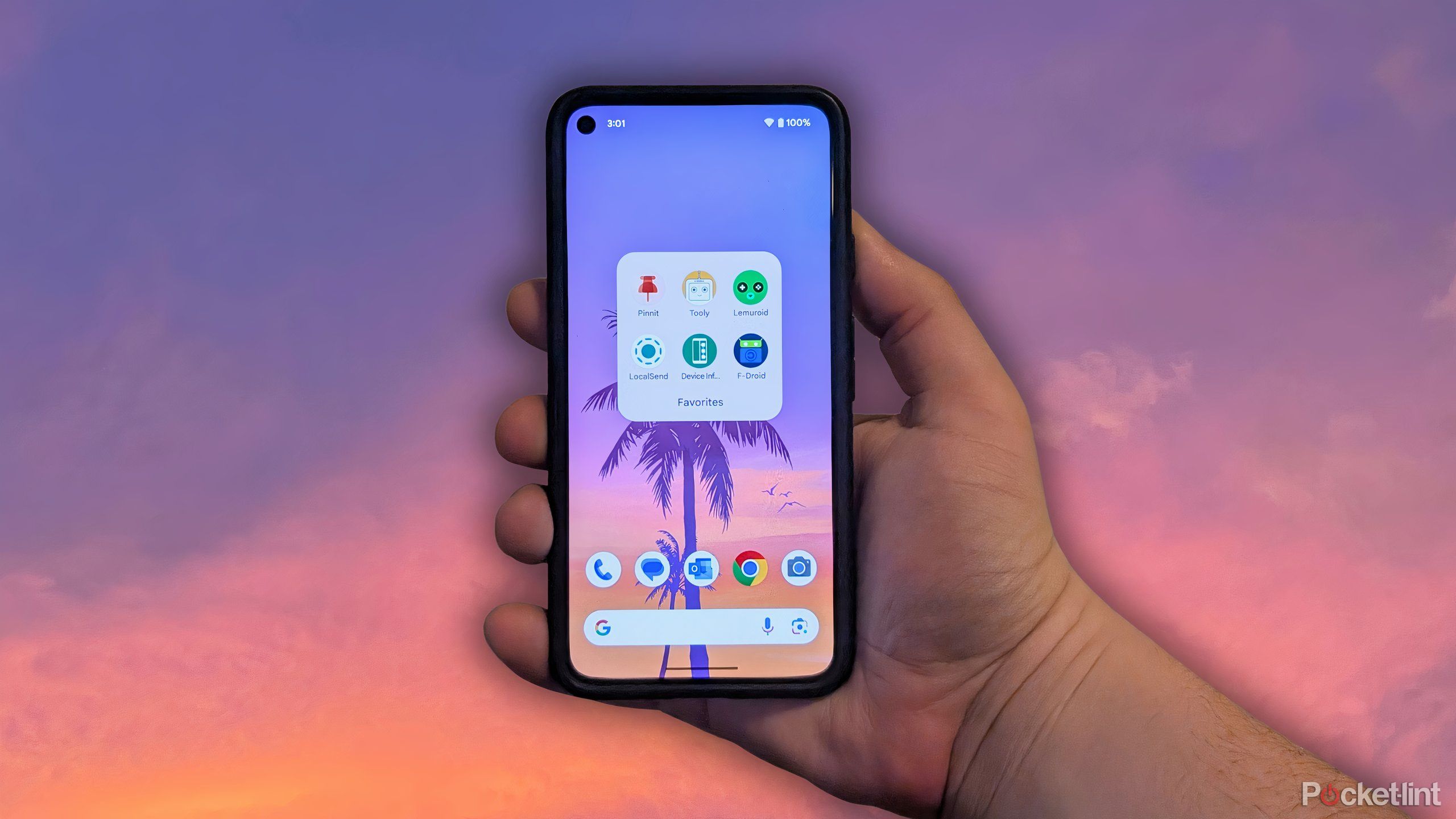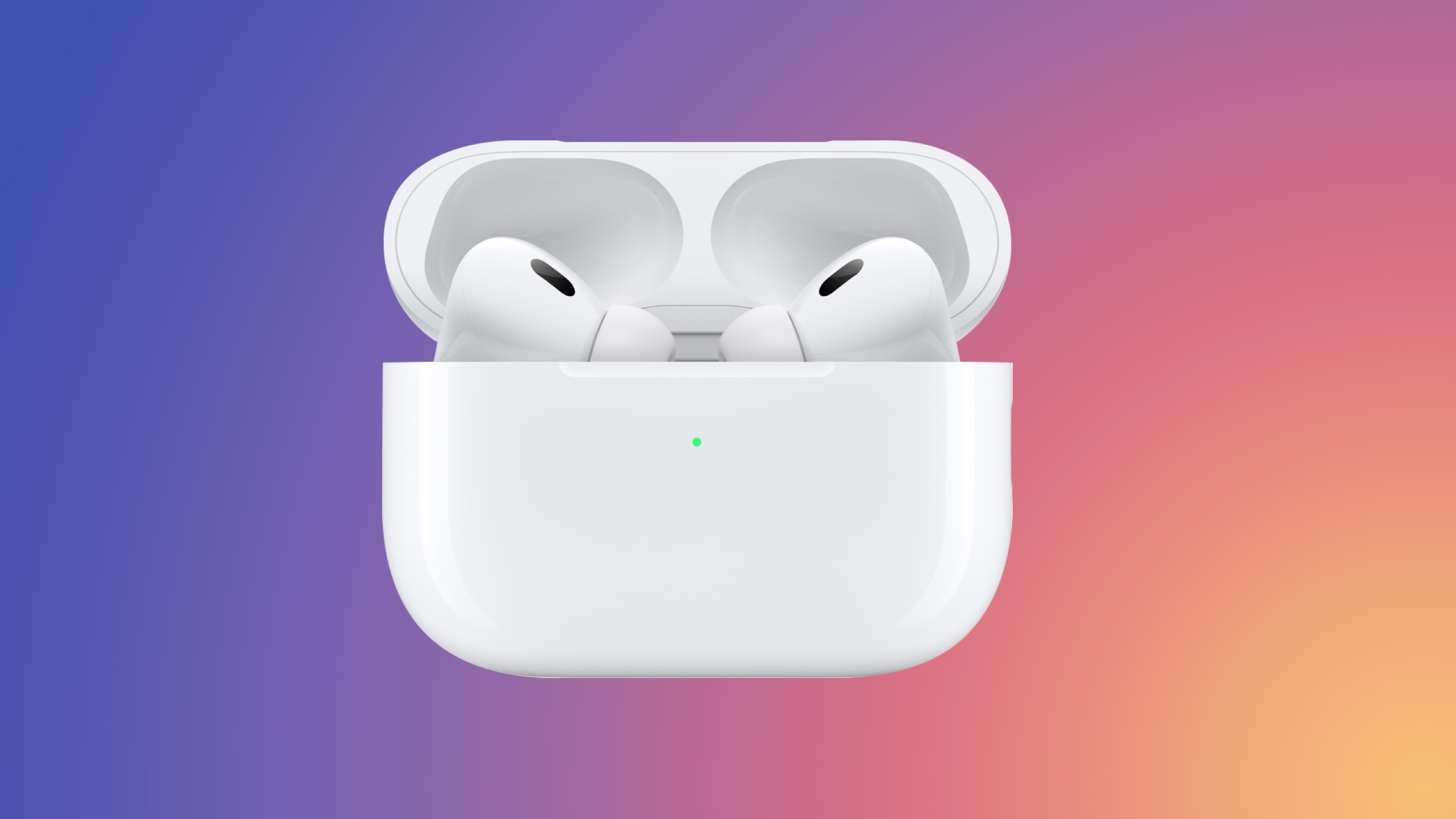“We don’t know for sure how it does it” – AI baffles scientists by correctly assigning individual fingerprints to one person, but they are unclear how it actually works
A groundbreaking study at Columbia University is challenging the long-held belief that each fingerprint on a person’s hand is entirely unique.
According to the BBC, the research team has developed an AI tool capable of analyzing human fingerprints to determine if they belong to the same individual.
The researchers report that the technology was able to identify, with an accuracy of between 75% and 90%, whether prints from different fingers originated from one person. However, the exact workings of how the AI achieved this remains a mystery.
Helping to solve crimes
“We don’t know for sure how the AI does it,” confessed Prof Hod Lipson, a roboticist at Columbia University who oversaw the study. To make sure it was correct, the team repeated the process over and over again, each time getting the same results.
The researchers’ theory is that the tool is analyzing the fingerprints – which are formed at birth – in a way that’s different from how it is done traditionally, focusing more on the orientation of the ridges at the center of a finger rather than the pattern in which individual ridges end and fork, known as minutiae.
Despite the promising results, the Columbia University team concede that further research is necessary. The AI tool was trained on a large dataset of 60,000 fingerprints, but a more substantial number, including partial and low-quality prints, would be needed to further refine the technology.
The findings of this study, which has undergone peer review and will be published in the journal Science Advances, could significantly impact biometrics and forensic science. As the BBC reports, if an unidentified thumbprint is discovered at one crime scene and an unidentified index fingerprint at another, the AI tool could potentially link the two prints to the same individual. That won’t – for now – be good enough to solve crimes on its own, but it could help the police with their investigations.
The revelation that fingerprints might not be unique to every person hasn’t come as a surprise to everyone. Graham Williams, a professor of forensic science at Hull University, admitted, “We don’t actually know that fingerprints are unique. All we can say is that as far as we are aware, no two people have yet to demonstrate the same fingerprints.”
More from TechRadar Pro
These are the best password manager tools around todayFingerprint authentication is surprisingly easy to bypassYour biometrics may not be as safe as you think







